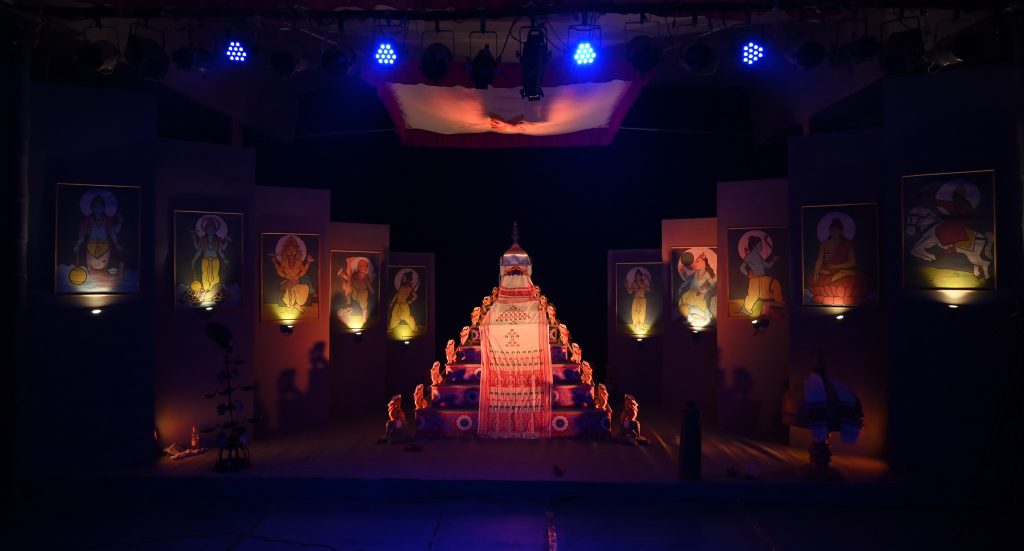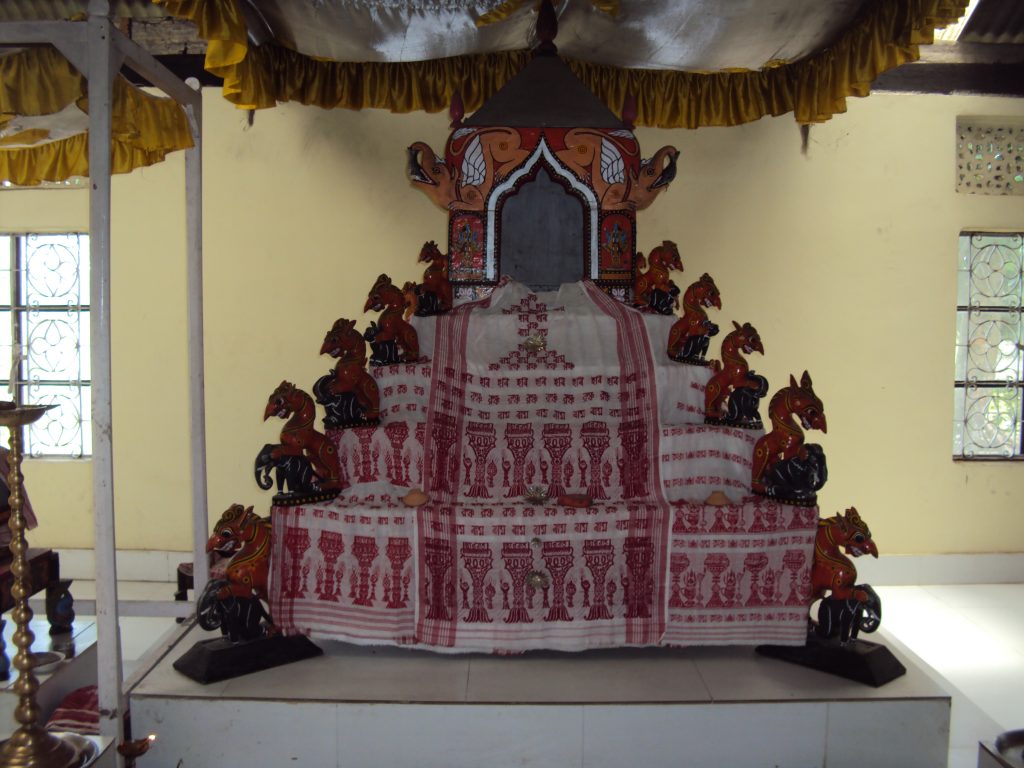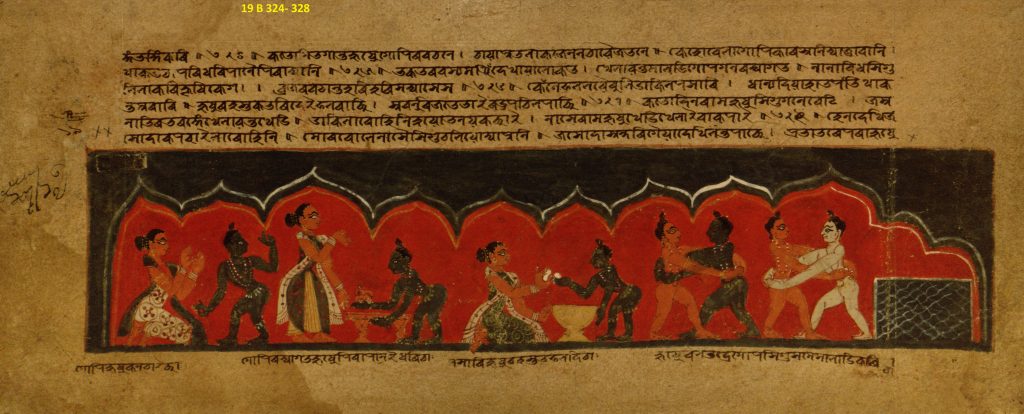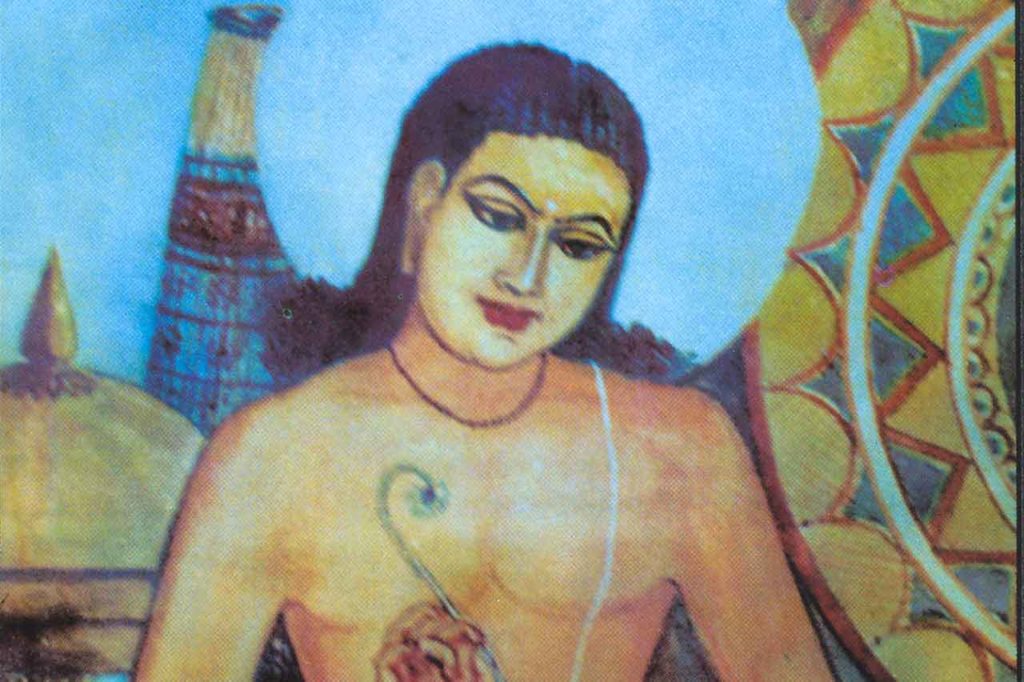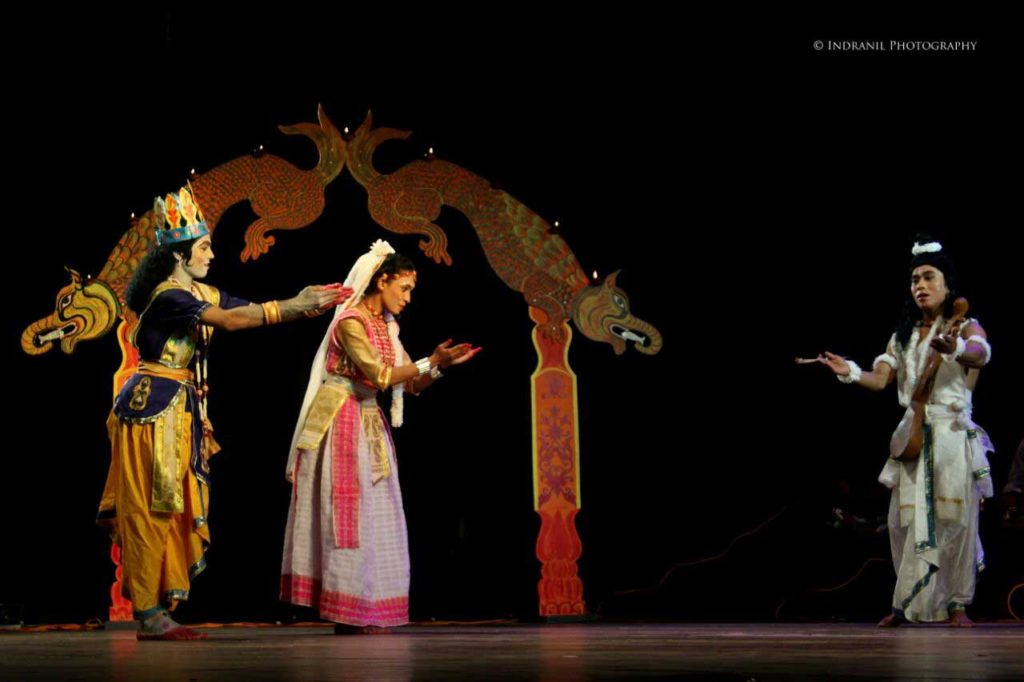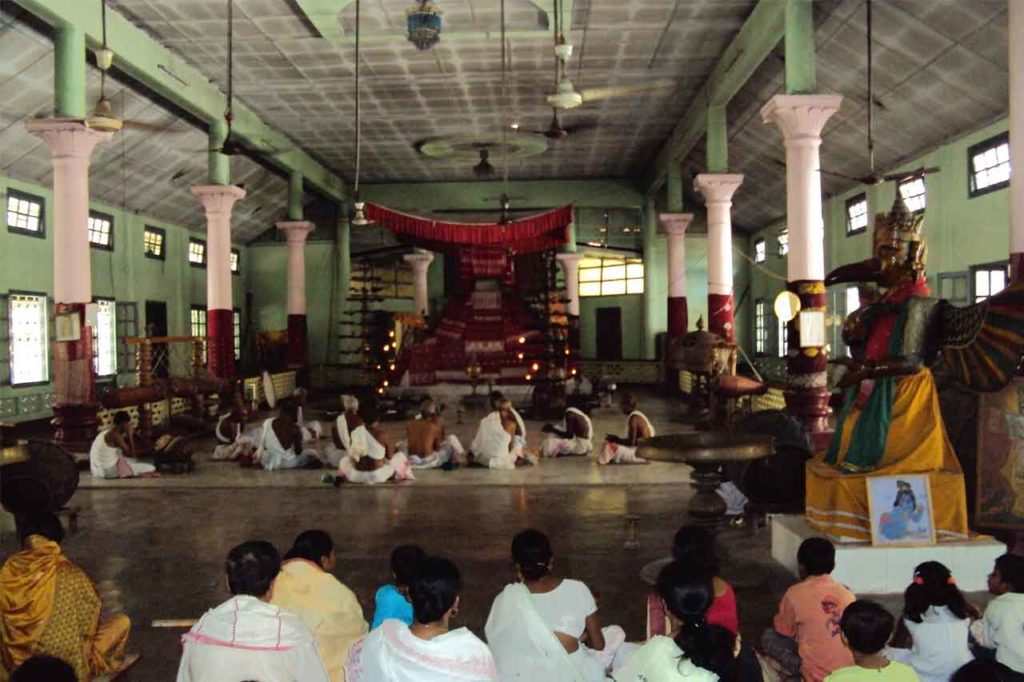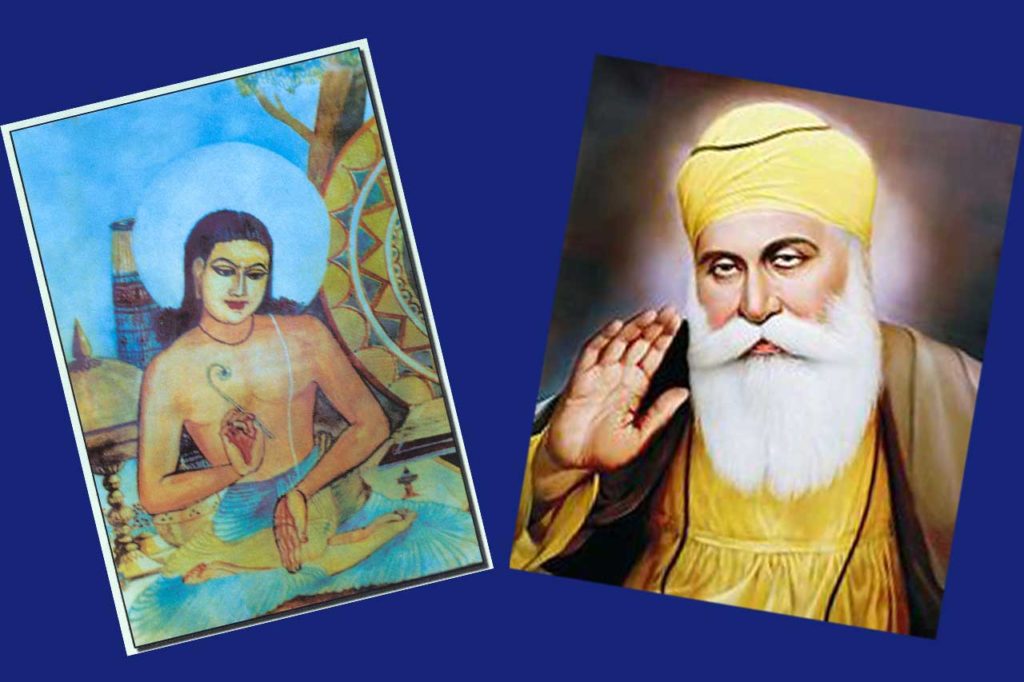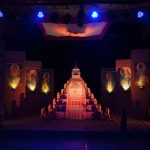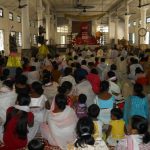Place of Ankiyā Bhāonā in the medieval Indian Theatre
What I propose to submit in this lecture is an analysis from my point of view about medieval Indian theatre, supported by evidence in the realm of different Indian traditions. I will certainly revise my views in the light of new elements, which come to my sight. I will have to analyse different traditions minutely …
Place of Ankiyā Bhāonā in the medieval Indian Theatre Read More »
